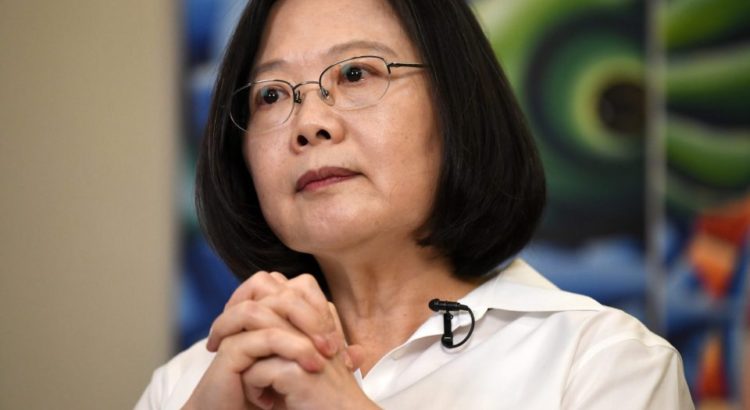By: Chris Taylor.
The region’s bright beacon of democracy ponders whether the right to a voice in public affairs can be too much of a good thing amid a row over same-sex marriage
With the election of Taiwanese President Tsai Ing-wen, the passage of a law on marriage equality seemed a done deal, and the streets of Taipei briefly thronged with euphoric gay-pride marches.
The liberal world order, or what is left of it, applauded the island for the democratic evolution of its civil rights.
Today, many Taiwanese wonder aloud whether what they are dealing with is democracy run amok. True, those who dream or campaign for the vise-like control of Beijing via unification have been relegated to the loony fringe. But it is not unusual to hear Taiwanese mutter that democracy at rudderless full steam ahead can be too much of a good thing.
In 2017, the Council of Grand Justices ruled that same-sex marriage should be legalized by the legislature within two years. But there the ruling languished as opposition by Christian groups and other religious associations rallied to rouse anti-gay sentiment island-wide.
Actually, the ruling by Taiwan’s Grand Justices stipulated that if the legislature did not act within two years, marriage equality would automatically pass into law. This has allowed Tsai to continue to tout Taiwan as the first jurisdiction in Asia to legalize gay marriage despite her milquetoast public support for the law.
At this point, in the first of a series of yet more bewildering twists and turns, enter an amended Referendum Act and an Election Committee that appears incapable of saying no to any referendum proposition that comes its way.
Magic bullet
For many activists in Taiwan – largely those from the broadly pro-independence, so-called pan-Green camp – lowering the signature threshold required by the Referendum Act has long been seen as a magic bullet required for achieving positive democratic change.
In December 2017, their long-cherished dream became a reality and the act was amended. It lowered the required number of signatures to prompt a national plebiscite to 1.5% of the electorate, or around 280,000.
Tsai hailed the amendment as a historic moment in the evolution of democracy in Taiwan. They are words she may already have come to rue.
Anti-gay activists set about gathering signatures, prompting supporters of marriage equality to do the same. The newly lowered threshold to trigger plebiscites meant that both were successful.
The result is that on November 24, when Taiwanese are scheduled to troop to the polls to cast their votes for 22 local authorities, they will also be faced with the challenge of declaring their support or opposition for marriage equality in five separate referenda.
Four of them are phrased in language so similar as to render them almost identical, meaning that voters will be casting their ballots on the same question twice.
The conservative anti-gay Happiness of the Next Generation Alliance has innovatively added a referendum on whether homosexuality should be mentioned in sex-education classes. Namely: “Do you agree that the Ministry of Education and individual schools should not teach homosexual-related education, as detailed under the Enforcement Rules for the Gender Equity Education Act, in elementary and middle-level schools?”
Source of the article: http://www.atimes.com/article/to-lgbtq-or-not-to-lgbtq-that-is-taiwans-question/






 Users Today : 102
Users Today : 102 Total Users : 35404580
Total Users : 35404580 Views Today : 120
Views Today : 120 Total views : 3334160
Total views : 3334160